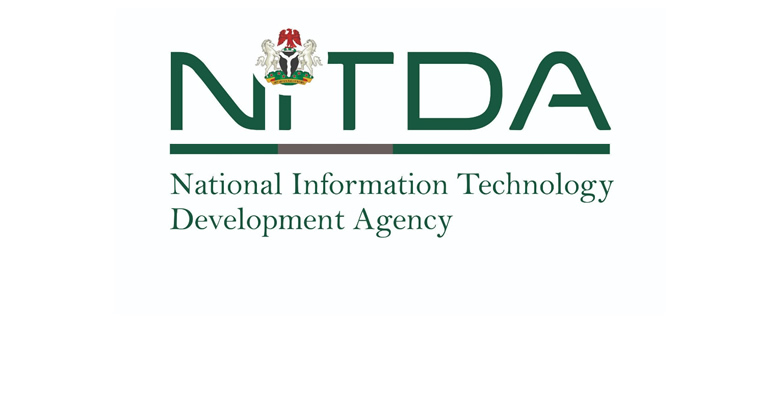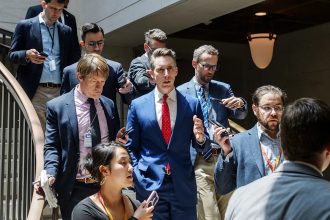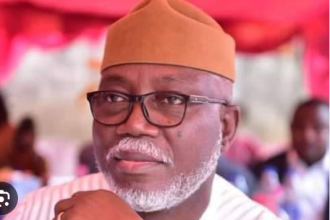The Director-General of the National Information Technology Development Agency, Dr Kashifu Inuwa, has said Artificial Intelligence has the potential to boost Nigeria’s economy by as much as 20 per cent if strategically deployed.
Speaking in Abuja on Wednesday at a one-day lecture organised by Economic Confidential, Inuwa stressed that Nigeria must not miss the fourth industrial revolution after losing out on earlier ones.
According to him, AI is no longer optional but essential for economic transformation.
“AI has the potential to automate up to 30 per cent of tasks in the economy. This could translate to as much as 20 per cent GDP growth.
“Those who fail to upskill will be replaced. Nations leading in AI will lead the world,” he said.
The NITDA chief noted that the digital economy was already reshaping the lives of Nigerians, pointing to mobile technology that enables market women to connect with customers.
He, however, cautioned that greater connectivity must be balanced with stronger cybersecurity measures.
Inuwa disclosed that the agency was collaborating with the Ministry of Education to integrate digital literacy into the national curriculum and with the Office of the Head of Service to build capacity within the civil service.
He maintained that digital skills and AI adoption were the surest path to higher productivity and economic competitiveness.
Inuwa outlined Nigeria’s digital transformation agenda, including the National AI Strategy, restructuring of the National Centre for AI and Robotics, and support for over 45 AI startups through the Nigeria AI Research Scheme.
He also pointed to partnerships with global tech giants such as Google and collaborations with local universities.
Highlighting Nigeria’s advantages—over 130 million internet users, a median age of 17, and one of Africa’s most vibrant startup ecosystems—he insisted the country was primed to lead Africa’s digital revolution.
He cited initiatives such as Digital Literacy for All, which has trained more than 300,000 Nigerians, and the 3 Million Technical Talent programme, designed to support President Bola Tinubu’s goal of creating two million digital jobs.
On financing, Inuwa referenced the Nigeria Startup Act, which has labelled 180 startups, and collaborations with the Japan International Cooperation Agency, including the $11.2m Abuja Startup Hub and a $40m seed fund backed by the Nigeria Sovereign Investment Authority.
Also speaking, the Special Adviser to the President on Economic Matters, Dr Tope Fasua, represented by Aremu Elijah, reaffirmed President Bola Tinubu’s commitment to “recalibrating the economy” towards technology-driven growth.
He said rebased data confirmed measurable progress, adding that the service sector was proving to be a “tremendous equaliser” in the new economy.
The President of the Nigerian Institute of Public Relations, Dr Ike Neliaku, represented by Dr Afolabi Olajuwon of the Budget Office of the Federation, warned that countries that fail to embrace the digital revolution risk being left behind.
The event also featured the launch of three books by young journalists: Renewed Hope in Central Banking by Rahman Oladosu; Healing Nigeria: Chronicle of Health by Lawal Mamman and Maimuna Aliyu; and Diplomacy and Digital Innovation: Youth Insight by Fatimah Usman.
In his opening remarks, Editor-in-Chief of Economic Confidential and founder of Image Merchants Promotion Limited, Yushau Shuaib, said AI was already transforming into journalism and public relations in Nigeria.
He explained that the lecture series and the book launches were designed to provide evidence-based policy inputs and promote national conversations on innovation, governance, and economic transformation.









